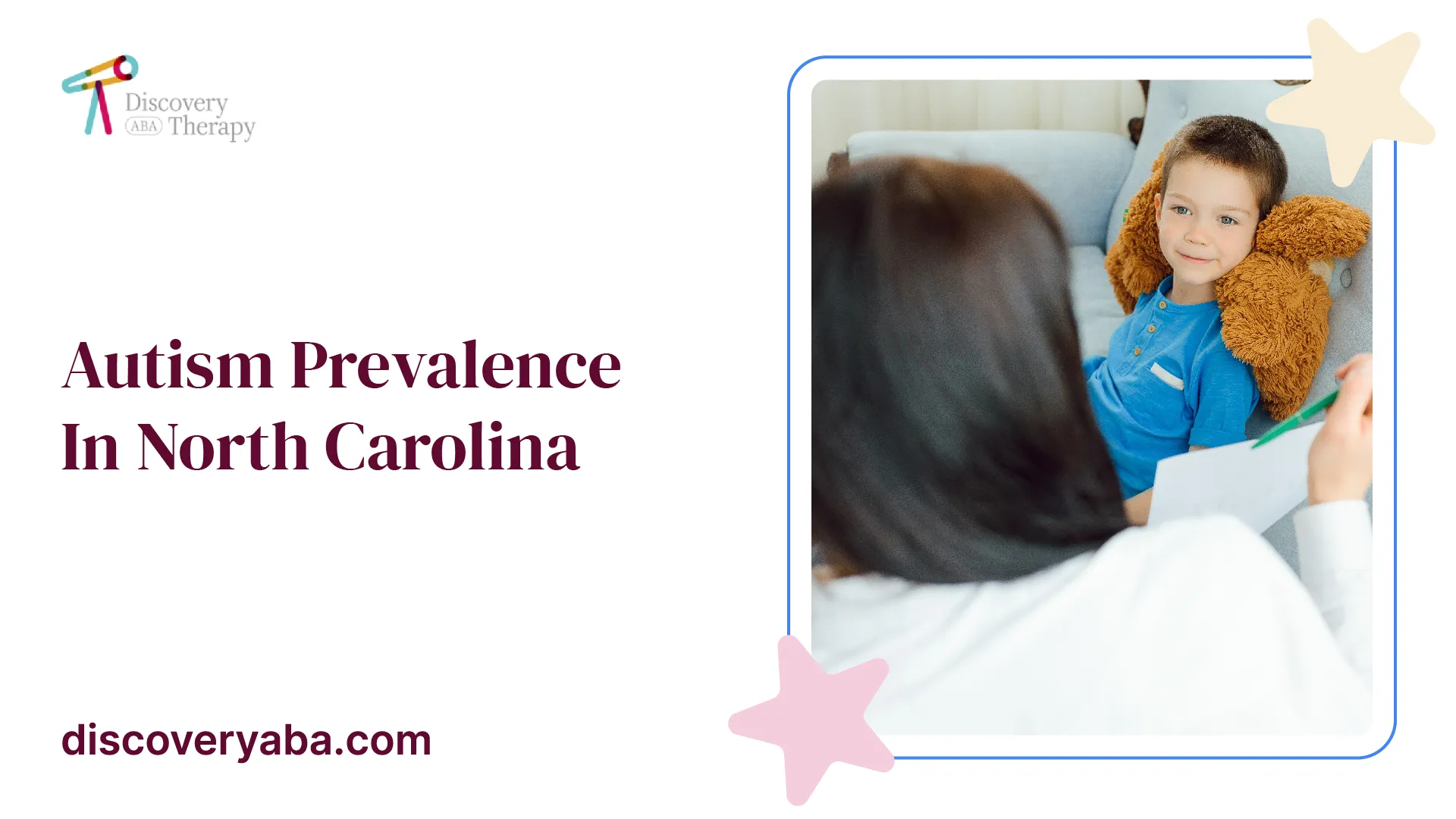Autism Prevalence In North Carolina
The prevalence of autism in North Carolina is 1 in 52 children.

- The prevalence of autism in North Carolina has been increasing over the past few decades.
- In 2002, the prevalence of autism in North Carolina was 1 in 500 children.
- By 2006, this number had increased to 1 in 150 children.
- Currently, North Carolina has one of the highest autism prevalence rates in the country.

Why North Carolina's Autism Rates Are Rising
Autism is a developmental disorder that affects an individual's ability to communicate and socialize effectively. While the exact causes of autism are still not fully understood, research has shown that both genetic and environmental factors may contribute to its development.
There are several reasons why autism rates may be going up in North Carolina. One possible explanation is improved awareness and diagnosis of the condition.
In the past, many children with autism may have gone undiagnosed because their symptoms were not recognized or were misattributed to other conditions. However, with increased awareness and education about autism, healthcare professionals are better able to identify and diagnose the condition.
Another possible explanation is that there are environmental factors that may be contributing to the rise in autism rates. For example, exposure to certain chemicals, such as pesticides or air pollution, during pregnancy or early childhood may increase the risk of developing autism. Additionally, research has suggested that maternal stress during pregnancy may also be a risk factor for autism.
It's also important to note that there may be genetic factors that contribute to the development of autism. While the exact genetic causes of autism are not fully understood, researchers have identified several genes that may be involved in its development. Additionally, there may be interactions between genetic and environmental factors that increase the risk of developing autism.
Overall, while the rise in autism rates in North Carolina is concerning, it's important to continue researching the causes of autism and developing effective treatments and interventions to support individuals with autism and their families.
By increasing awareness, improving diagnosis, and addressing potential environmental and genetic risk factors, we can work towards a better understanding of autism and improved outcomes for individuals with the condition.
Does Your Child Have An Autism Diagnosis?
Learn More About How ABA Therapy Can Help
Find More Articles
Contact us
North Carolina, Nevada, Utah, Virginia
New Hampshire, Maine
Arizona, Colorado, Georgia, New Mexico, Oklahoma, Texas
.avif)




































































































